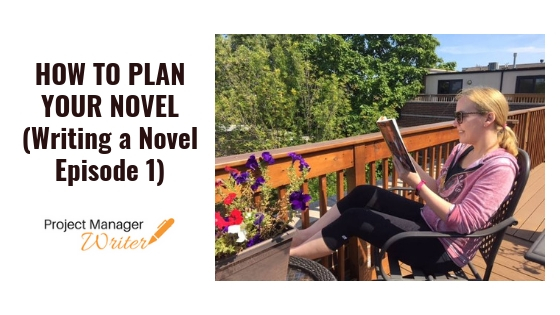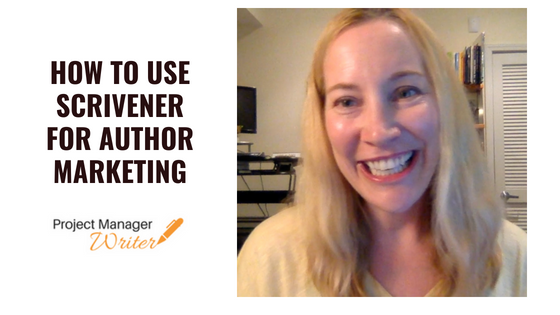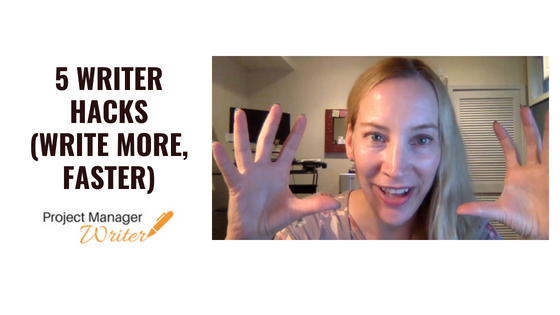Maybe you’ve been struggling with writing and staying creative and productive in 2020. Well, you’re not alone! I have had my struggles, and honestly, just it’s been hard to write anything. Lately, I’ve been trying to get my creative mojo back.
I want to talk about incremental goals, which sounds pretty boring. I will try to explain it in a way that is not boring and do my best to make it actually (kind of) fun. I hope it will help you get back on track with writing or other projects that you have.
Incremental goals mean creating smaller goals to get your work done. In project management, we call this breaking down the work. This lets you take something daunting, like “I have to write a complete novel,” and think about breaking it down into each chapter. Writing one chapter a day for 30 days in a row becomes a lot less intimidating than “I must write this whole 50,000 word novel!”
Three Real-World Examples:
This approach to goal setting can apply to all areas of your life. First, let’s talk fitness. I’m a writer and a consultant, so I work on my computer just about all the time and am sedentary. My goal is to be more active, I joined an online challenge—a virtual race to walk 66 miles in 15 days, that’s about 5 miles a day (or 10,000 steps per day). That’s tough for me because I’m sitting so much, so I needed to break this down. I like to break things down into thirds, so I set a mini goal of walking in the morning. If I can get 3,000 steps done by noon, that’s awesome.
Then, between noon and four pm, I try to get another 3,000 steps, and then another 3,000 done by early evening. Those 3 time blocks get me to 9,000 steps or over that, and I’ve achieved my 5 mile goal. Rather than stressing, I’ve learned to fit in my goal as part of my day.
Example 2: Writing. As I’m writing this, it’s October 2020, and we’re heading into November when many people are gearing up for NaNoWriMo (National Novel Writing Month). The goal is to write a 50,000 word novel in November.
You might think, 50,000 words! Wow, no way can I do that. Most advice says, “Well, just hit your daily word count.” Just write 1,667 words per day. Let’s again use the technique of breaking it down into thirds.
Divided in 3 ways, 1,667 is 555 words. What if, in the morning, the first thing you do is get that chunk of 555 written? That might take you 20 or 30 minutes. Then, look at your afternoon. Maybe just after lunch, you manage another 555.
Finally, after dinner or after the kids have gone to bed, you squeeze in that last 555. Huzzah! You’ve hit your goal.
Writing 1667 words a day is daunting, and I’m one of those people who will say, let me check my email or read an article first (ha). If you think about just fitting in those little chunks of 555 words, that can go a long way to helping you meet your goals every single day.
Breaking your goals into thirds is like applying little guidelines (or mini goalposts). Once you get into the habit of hitting your goal posts, your day becomes easier.






Leave A Comment